Citizen Sleeper 2: Starward Vector is the upcoming sequel to the hit tabletop-inspired cyberpunk RPG that earned accolades for its unique, dice-based mechanics and stellar worldbuilding. Heavily inspired by tabletop RPGs, solo indie game developer Gareth Damian Martin of Jump over the Age sought to translate some of tabletop gaming’s best qualities to the digital realm, and based on Citizen Sleeper‘s acclaim, they appear to have aced that goal.
Like any good sequel, Citizen Sleeper 2 aims to expand on its predecessor’s strong foundations. This follow-up is bigger in every way; its systems are more complex, the explorable world is exponentially larger, and the stakes feel massive. Despite all the improvements and changes, Citizen Sleeper 2 has carefully preserved and even strengthened the tabletop feel of Citizen Sleeper. In an interview with Game Rant, Martin spoke about how they were inspired by the mechanics and philosophies of their favorite tabletop games when developing this highly-anticipated sequel.
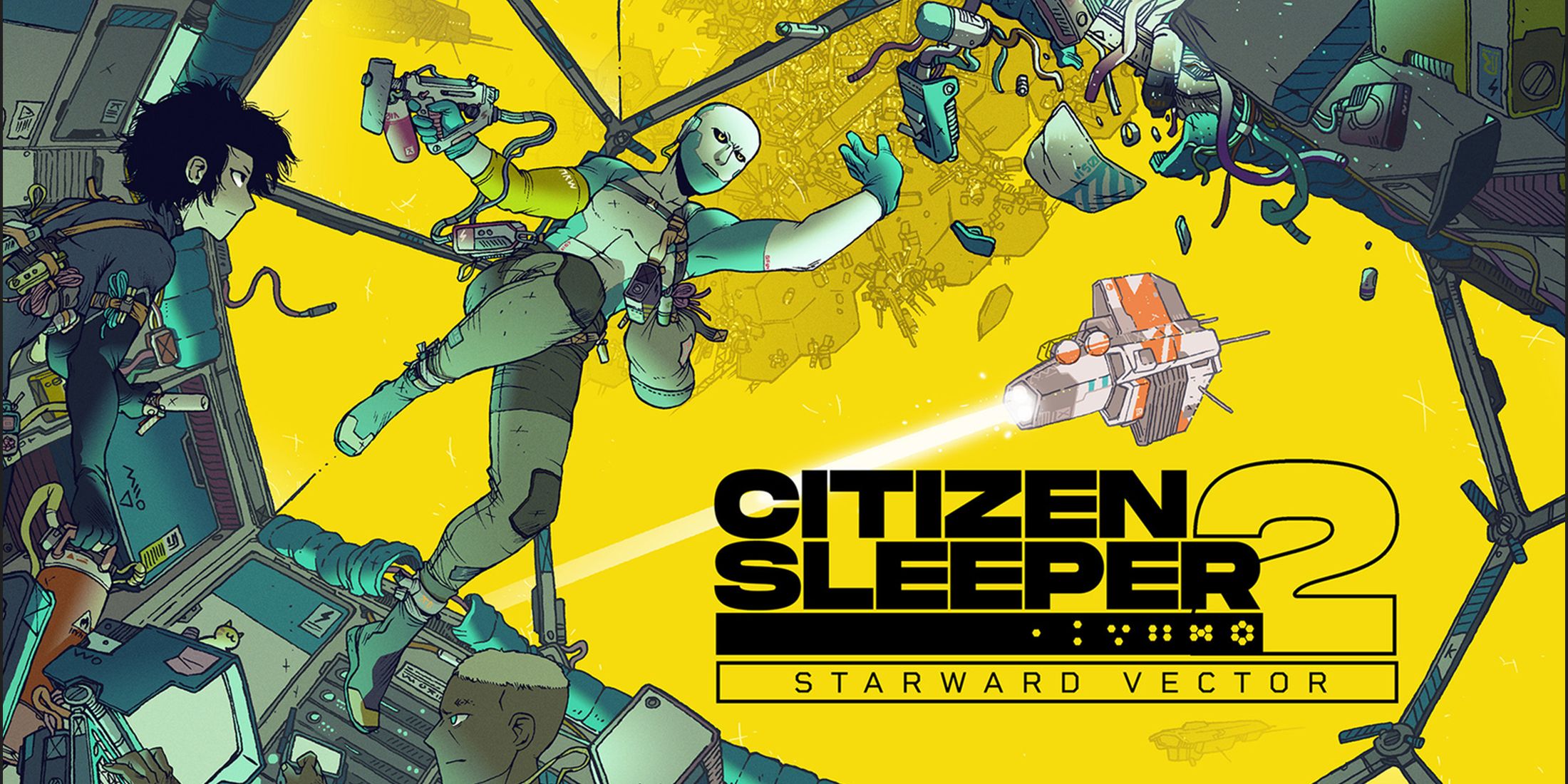
Related
Interview: Citizen Sleeper 2 Solo Dev Talks Gameplay, Story, and Choices
Game Rant sits down with Gareth Damian Martin of Jump Over the Age, the solo studio behind tabletop-inspired cyberpunk RPG Citizen Sleeper 2.
Citizen Sleeper 2 Expands On The Original’s Tabletop Mechanics
CItizen Sleeper’s dice pool was one of its standout mechanics, a unique approach to RPG dice that treated them as a finite action resource with pre-determined outcomes. Instead of rolling a die and hoping for a high roll, players already know the score and instead must decide when to risk using a low-numbered die to save a more valuable one for later. This system, among others, was a successful experiment according to Martin, saying they were encouraged to expand with the sequel:
The first game was kind of an experiment, and it went really well. For the sequel, I thought, “Okay, this is an opportunity to bring in more of these ideas and add a bit more complexity.” I felt like people had given me the go-ahead to really go all out and bring through my favorite concepts from tabletop games.
At the top of the list was a stress system. I love the stress systems in Blades in the Dark, but also in games like Mothership and Heart: The City Beneath, which I’ve been running recently. Those systems generate so much tension and excitement, and I really wanted to bring that feeling into a game space for people who haven’t had the chance to experience it.
One of Citizen Sleeper 2‘s new mechanics is its stress system, which Martin noted was inspired by several tabletop games that feature a similar tension-building mechanic. Failed actions or negative outcomes to rolls accumulate stress, and with high stress, dice have an increasing chance of taking damage. Dice can be broken in Citizen Sleeper 2, locking players out of a valuable action and compounding their difficulties. The system makes risk management incredibly important while enabling interesting interactions with the sequel’s new Push abilities.
Success and Failure Are Both Interesting in Citizen Sleeper 2
Citizen Sleeper 2 has an aggressive autosave system that keeps players locked into their current path, for better or worse. RPG fans are intimately familiar with the concept of “save scumming” which can cheapen the experience of failure and recovery, and some games like Stellaris feature an Ironman Mode that prevents this. Speaking from their experience with tabletop games, Martin says it’s important for players to trust that the game’s best moments won’t always come from a perfect dice roll:
Players can’t keep multiple saves or reload to avoid outcomes. All of this means I need the player to trust me. I make sure that whether there’s a failure or even a success, there’s always an interesting wrinkle or complication. It’s never a clean resolution; there’s a lot of nuance to that.
That’s a really important part of the game’s philosophy. From playing tabletop games, I observed that the best moments often come out of complications—not necessarily outright failures, but situations where there’s success with a consequence. I’m a big fan of that idea, and I’ve tried to build it into the game.
It’s not just failure that introduces complications in Citizen Sleeper 2, either. Martin mentioned the concept of “success with consequences,” something they feel is core to the game’s identity. Winning a skill check might place players in an unexpectedly complex situation, or the player might complete a contract but at great expense due to too many risks taken. Like its predecessor, Citizen Sleeper 2 is deceptively complex, and players are encouraged to roll with the punches and see where events lead them.
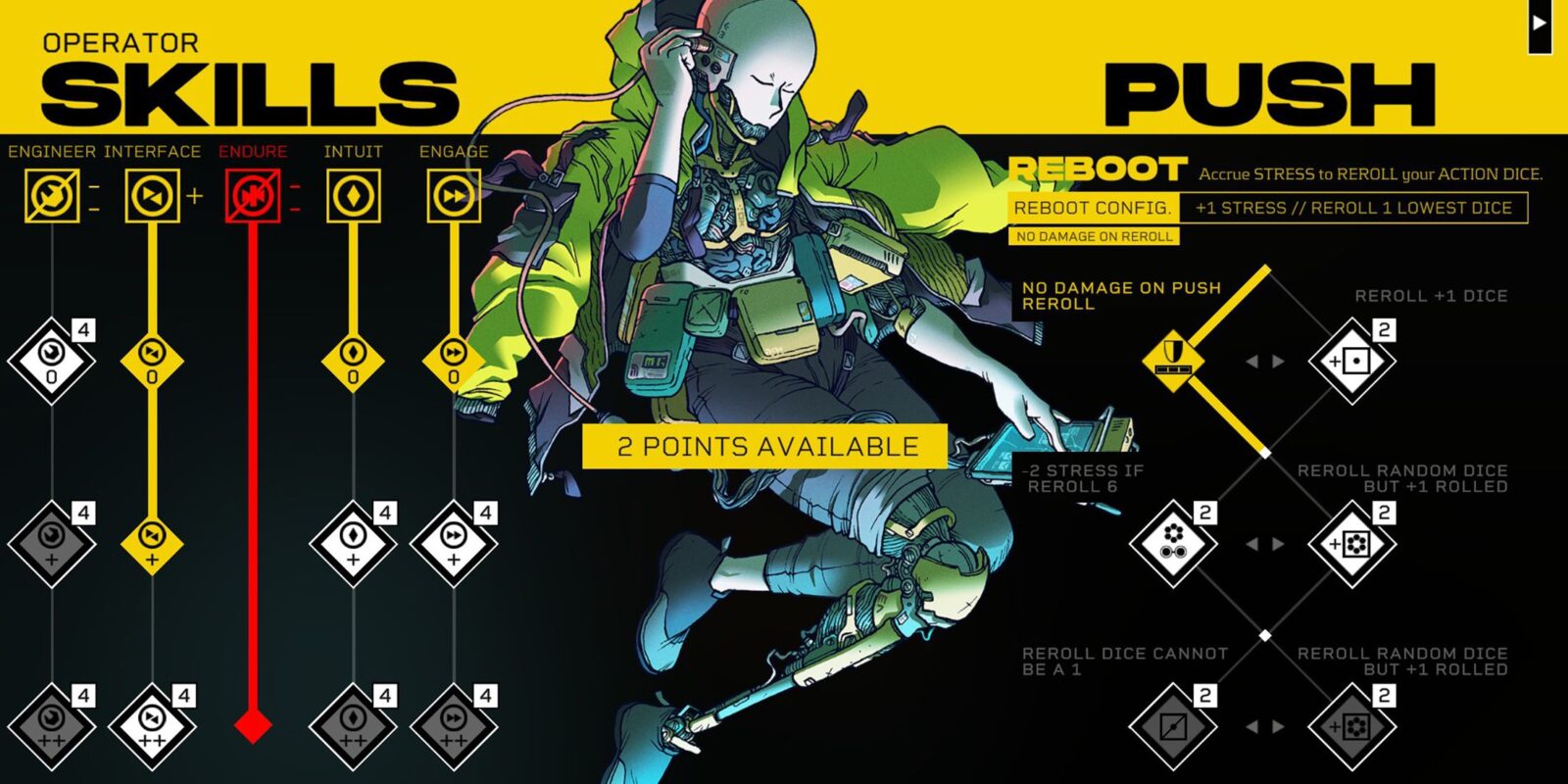

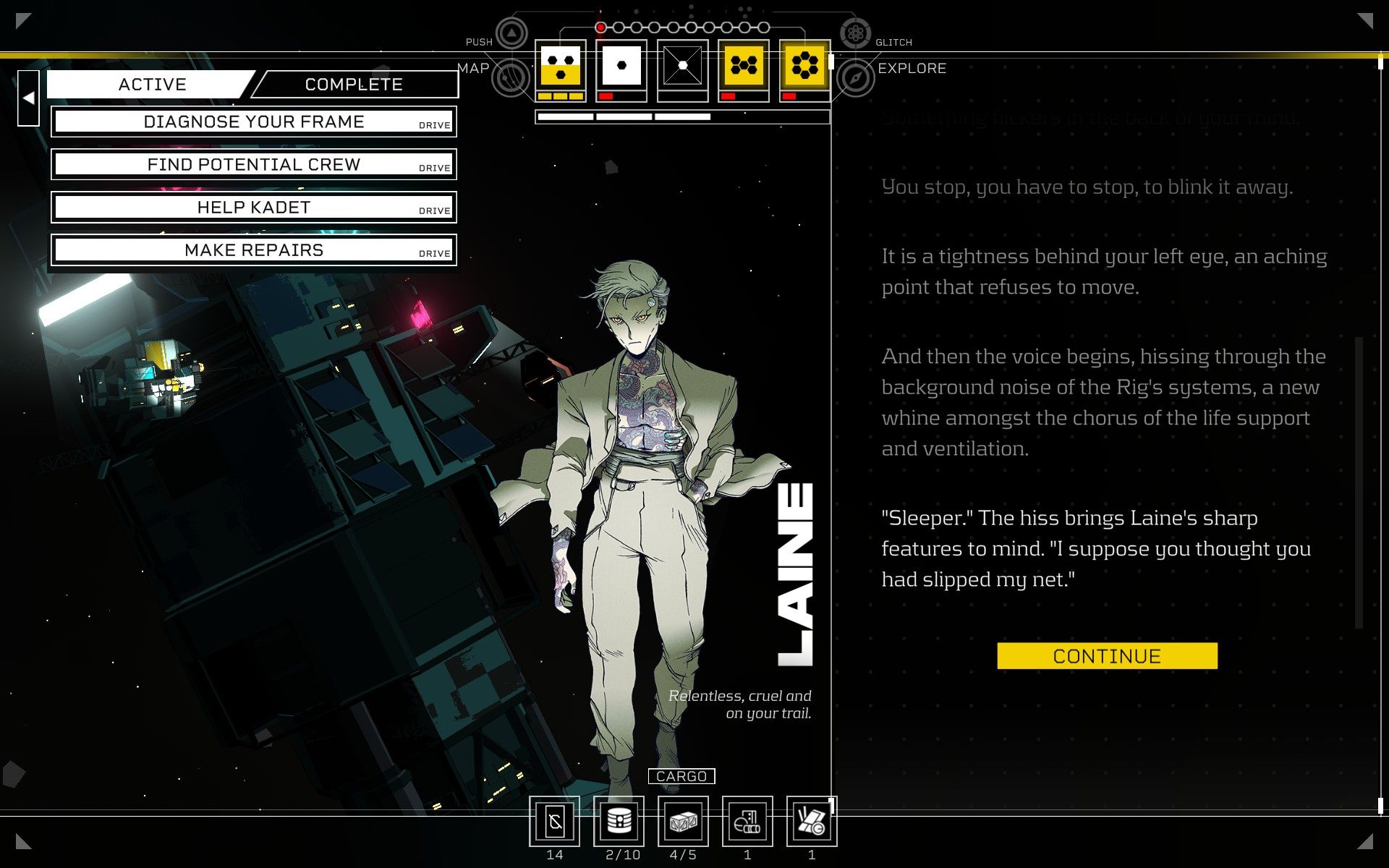
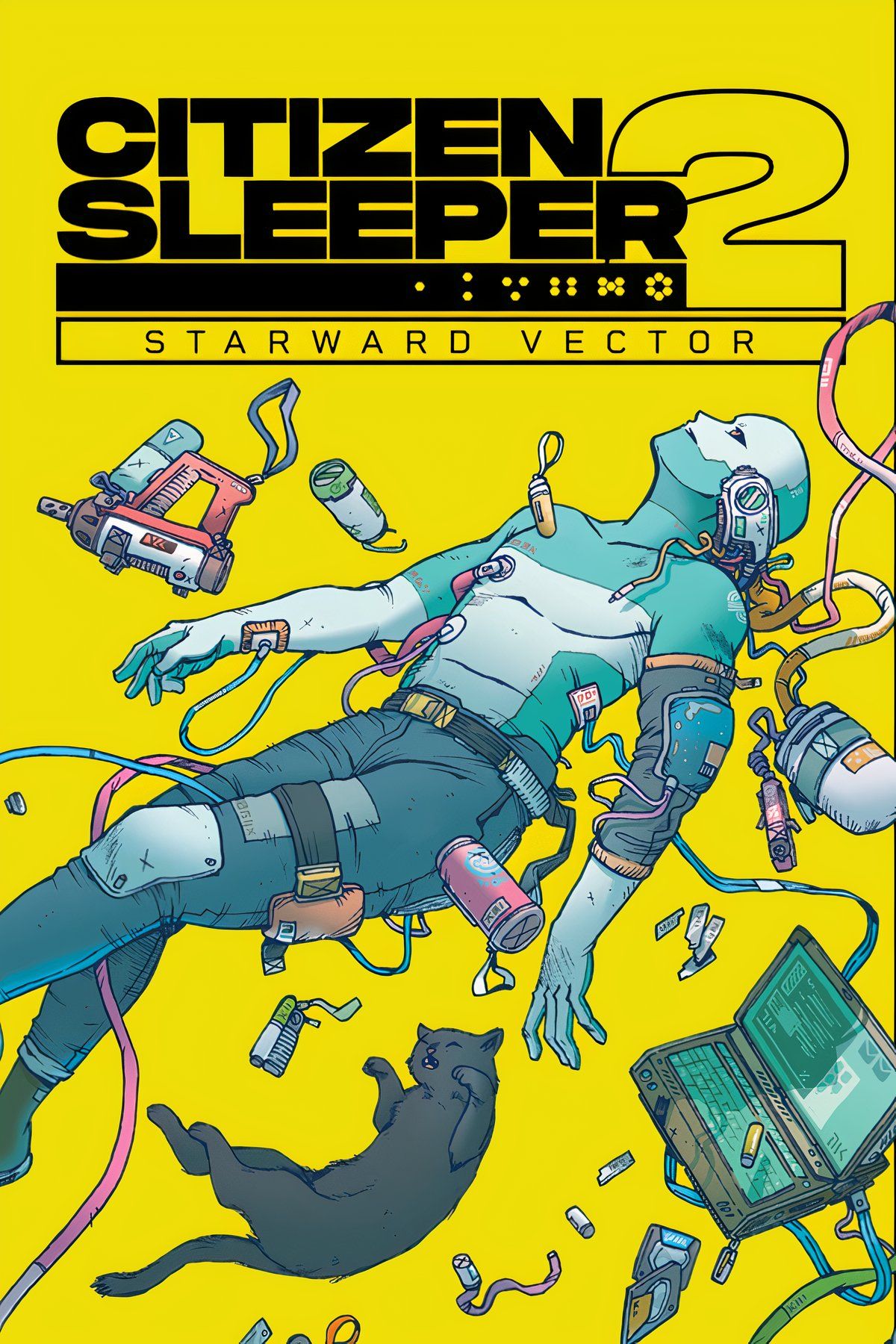





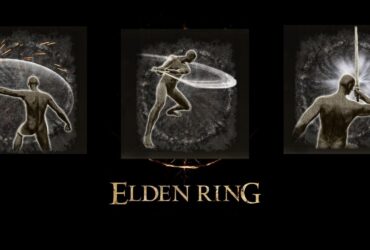

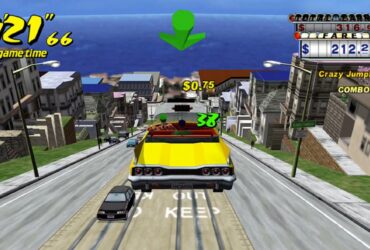


Leave a Reply